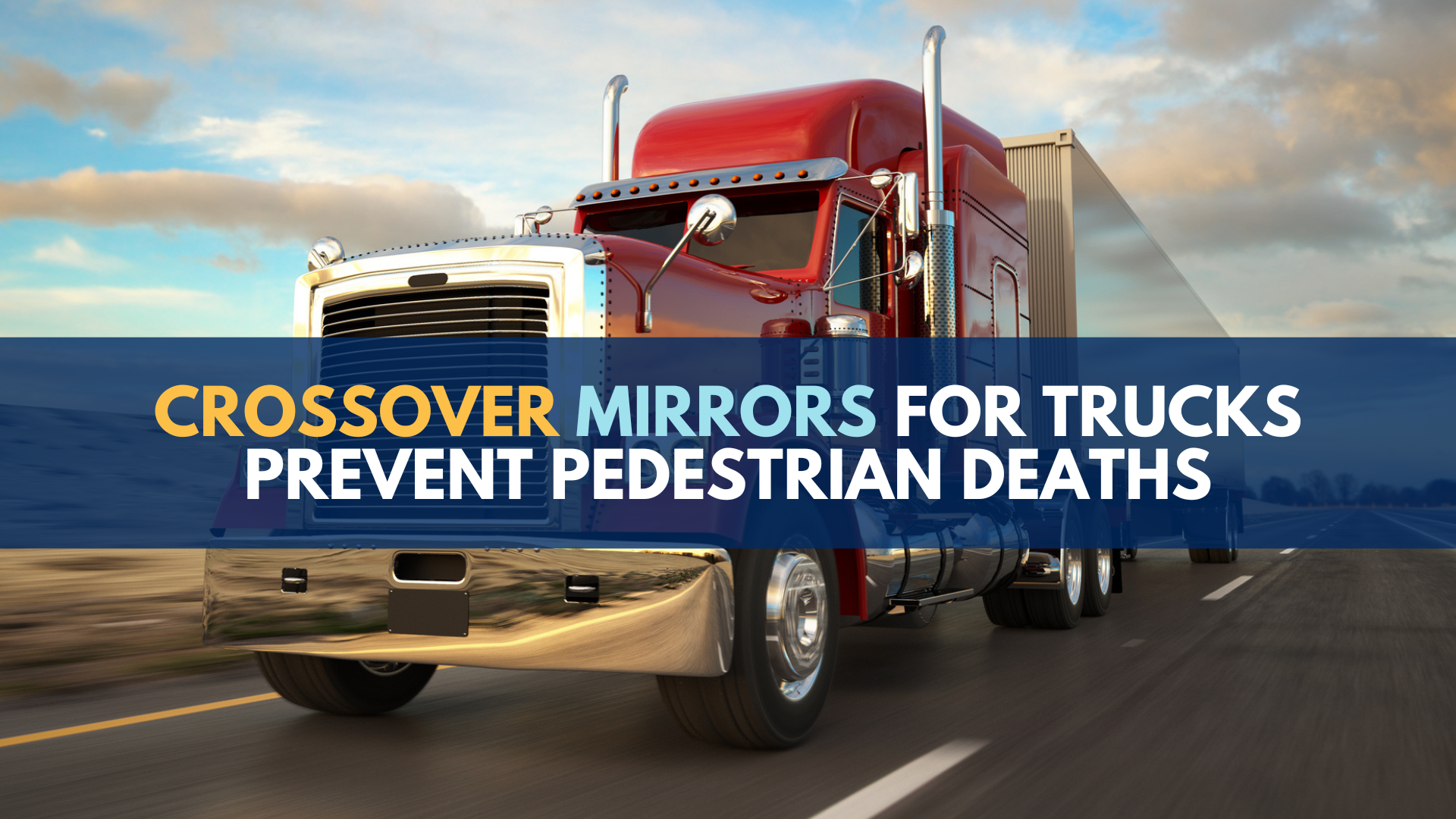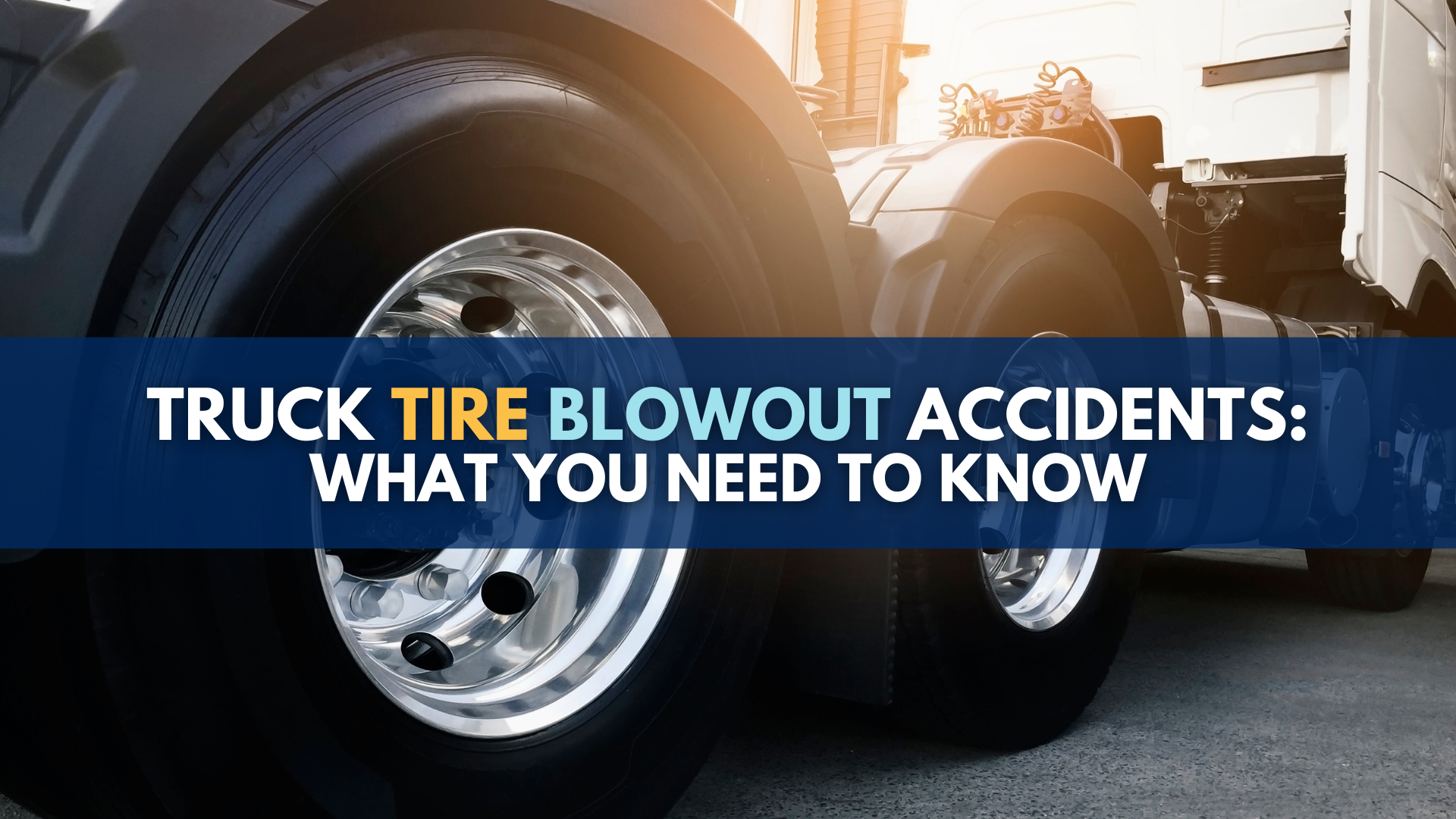And why the Hours of Service safety rule needs to be revisited by the FMSCA

Truck driver fatigue is one of the most common causes of preventable truck accidents. In fact, more than 750 people die and 20,000 more are injured each year due directly to fatigued commercial vehicle drivers, according to the Federal Motor Carrier Safety Administration (FMCSA).
That’s why the FMSCA strengthened its hours of service (HOS) rules in 2013.
But combating truck driver fatigue isn’t as simple as telling truckers to “rest more.”
As a truck accident attorney, I have the honor of representing many truck drivers (most people don’t know that it’s passenger car drivers and other truckers who cause the majority of wrecks involving large commercial trucks). I know firsthand from my own cases just how many truck drivers are pressured by management to break HOS rules, so they can get their loads to their destinations quicker. I see safety directors who put the truck companies’ profits ahead of the safety of their drivers and the innocent public on the roads.
For far too many truckers, it’s the choice between following the law, or breaking the law because they fear they will be fired if they don’t.
I’ve had many good truckers who do care about safety write in to me, asking how they can do the right thing when their jobs are in jeopardy, and I’ve written about the federal whistle blowers laws designed to stop this. For more, take a look at my blog post, “How to report an unsafe trucking company with the Surface Transportation Act.”
But just because the government regulates the hours of service doesn’t mean it’s enough, either. Often it is not. Truck drivers need more to get the proper rest they need in order to drive safely.
In this regard, I received a recent comment from a concerned (actually, rather upset) truck driver on the problems with the hours of service break:
“The mandated 10-hour break doesn’t mean 10 hours of sleep. Another problem is that the Federal Motor Carrier Safety Administration (FMCSA) mandates a 10-hour break, but that 10 hours does not mean 10 hours of sleep. The reality is that drivers will log their break when they are loading or unloading a shipment. Sometimes this can take as long as four hours. Furthermore, truckers, like the rest of us, are human and require food. It might take an hour or so to grab a meal. Then there is time taken to bathe. This further reduces the available time on the break. When it is all said and done, that 10 hours can easily translate into only about four to six hours of actual sleep.”
The current HOS rules are as follows:
- The maximum average work week for truck drivers is limited to 70 hours.
- Truck drivers who reach the maximum 70 hours of driving within a week are allowed to resume if they rest for 34 consecutive hours. This includes at least two nights when their body clock demands sleep the most – from 1-5 a.m.
- Truck drivers must take a 30-minute break during the first eight hours of a shift.
Driver fatigue is a huge issue. Frankly, when I lecture and speak at seminars to other attorneys on how to litigate truck accident cases, I always say this is the area that most lawyers miss the most. They never look past the police report, and they never look at the chain of events that led to the wreck.
We can all do better to help prevent driver fatigue. And for all of us, and the safety of our loved ones, we should do better.



I completely agree with the trucker. I think a 10-hour break is not enough. I think truckers need at least a 14-hour break.